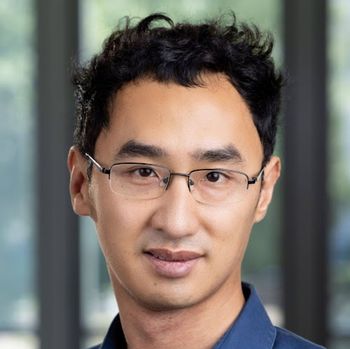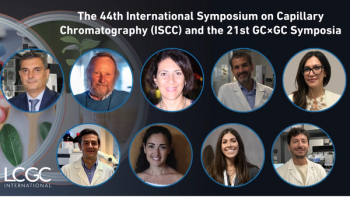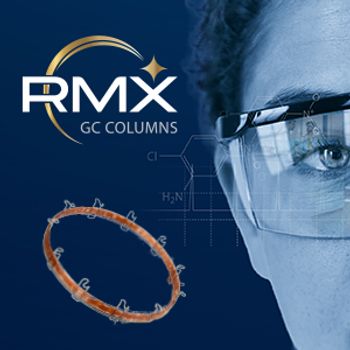
- LCGC Europe-09-01-2018
- Volume 31
- Issue 9
The 38th International Symposium on the Purification of Proteins, Peptides, and Polynucleotides (ISPPP 2018)
The 38th International Symposium on the Purification of Proteins, Peptides and Polynucleotides (ISPPP 2018) will be held on November 4–7 2018 in Berlin, Germany.
The 38th International Symposium on the Purification of Proteins, Peptides and Polynucleotides (ISPPP 2018) will be held on November 4–7 2018 in Berlin, Germany.
ISPPP 2018 is a leading event to meet scientists from around the world in the exciting and innovative field of biomolecule separation and purification. With new milestones in processing, materials, methods, and instrumentation being reached and an endless list of interesting and challenging target molecules, there is never a better time to attend ISPPP, according to the organisers. The event is expected to attract around 120 participants from universities, research institutions, and industry working in the field of biopolymers purification, ISPPP 2018 offers a unique chance to learn about the wide array of novel research in one place.
Key Note Lectures have been confirmed by Rainer Bischoff (University of Groningen, Germany), My Hedhammar (Royal Institute of Technology, Stockholm, Sweden) and Herbert Lindner (Medical University of Innsbruck, Austria). The symposium is preceded by three highly interesting pre-conference workshops held by members of the scientific committee on Mechanistic Understanding of Biomolecules Adsorption, Surface Plasmon Resonance Technology, and Magnetic Separation of Proteins.
The conference programme includes scientific sessions on Biopharmaceuticals, Bioanalytics, Simulation/Automation/Modelling, Advances in Stationary Phases, Continuous Processing, and Scale-up and -down of Chromatography. Furthermore, several young scientists will present their work in short talks referring to their respective posters. ISPPP2018 also hosts an exhibition of companies offering innovative solutions for separation and purification tasks of biomolecules.
The participation and inclusion of young researchers is an important issue for the scientific committee of ISPPP 2018. A travel grant has been awarded to several doctoral students and the social programme aims to intergrate young scientists. Beyond the welcome reception and poster party, a casual conference dinner will be held that will enable and facilitate interaction between all participants.
ISPPP 2018 will take place in Berlin, the booming capital of Germany, which is an international innovation hub on the way to become Europe’s leading start-up metropolis and the home of several renowned universities and research facilities. Berlin, is renowned for its exceptional variety of attractions. The city’s flourishing cultural scene and a way of life that is both fast-paced and relaxed. Contrasts between historical buildings and modern architecture, between the traditional and the modern are what set the city apart from the rest. The sights of Berlin, from the Brandenburg Gate to the Federal Chancellery, tell the story of an entire nation.
The ISPPP conference series is a well-established scientific event taking place alternately in Europe and the US for more than 30 years. Some of the scientific committee members have been part of ISPPP since its beginning in the early 1980s. The symposium is multi-disciplinary in nature to provide attendees with information about the latest advances in their own fields of interest as well as insights into related fields.
The scientific committee headed by Prof. Dr. Sonja Berensmeier (Technical University of Munich, Germany) will be pleased to welcome you in Berlin as an active participant to this scientific event and is looking forward to discussing and solving your difficult and challenging analytical or preparative problems. For more information, please visit:
Articles in this issue
over 7 years ago
Vol 31 No 9 LCGC Europe September 2018 Regular Issue PDFover 7 years ago
Data Integrity and USP , Part 2: OQ Supervision and ExecutionNewsletter
Join the global community of analytical scientists who trust LCGC for insights on the latest techniques, trends, and expert solutions in chromatography.




